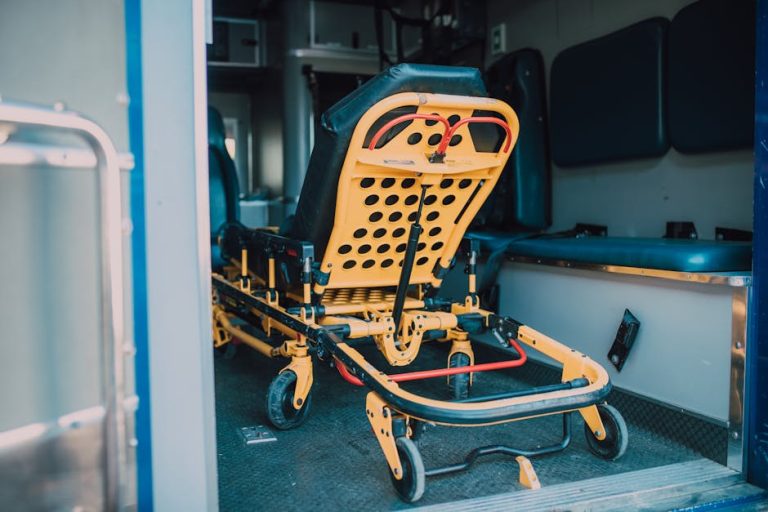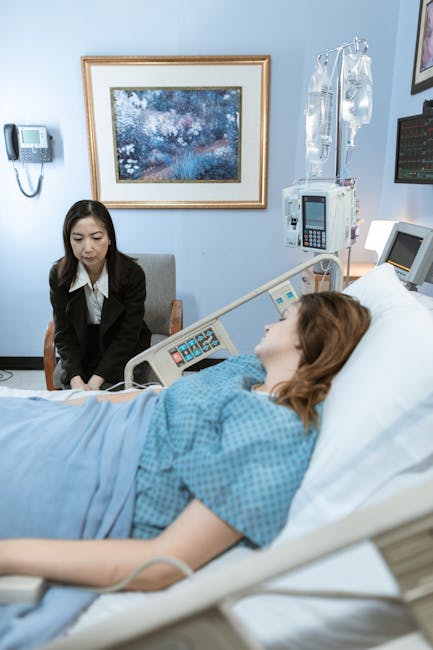
How to Manage Medicines for Elderly Family Members
Managing medications for elderly family members is a critical responsibility that requires attention to detail, organization, and empathy. As our loved ones age, they often develop multiple chronic conditions that necessitate complex medication regimens. Mismanagement can lead to serious health complications, including adverse drug reactions, hospitalizations, and even fatalities. This comprehensive guide will explore the best practices for managing medicines for elderly family members, ensuring their safety and well-being.
Understanding the Importance of Medication Management
Medication management is vital for elderly individuals who often take multiple prescriptions, over-the-counter drugs, and supplements. The aging process alters how the body metabolizes medications, increasing the risk of side effects and interactions. Poor management can result in missed doses, double-dosing, or incorrect usage, leading to deteriorating health. Effective management not only prevents these issues but also empowers seniors to maintain their independence and quality of life.
Creating a Medication List
Start by compiling a detailed list of all medications, including prescriptions, over-the-counter drugs, vitamins, and herbal supplements. For each item, note the following:
- Name of the medication (generic and brand)
- Dosage and strength
- Frequency and timing of administration
- Purpose of the medication
- Prescribing healthcare provider
- Pharmacy information
- Start date and any special instructions (e.g., take with food)
Keep this list updated and share copies with all healthcare providers, caregivers, and family members involved. This ensures everyone is informed and can act quickly in emergencies.
Organizing Medications with Tools and Systems
Invest in pill organizers, which are available in daily, weekly, or monthly formats. These compartments help prevent missed or duplicated doses. For tech-savvy seniors, consider electronic pill dispensers with alarms and automatic dispensing features. These devices can alert users when it’s time to take their medicine and even notify caregivers if a dose is missed.
Additionally, maintain a medication calendar or use mobile apps designed for medication tracking. These tools can send reminders, track refills, and provide information about drug interactions.
Communicating with Healthcare Providers
Open communication with doctors, pharmacists, and other healthcare professionals is essential. Schedule regular medication reviews to assess the necessity, effectiveness, and potential interactions of each drug. Discuss any side effects or concerns your elderly family member may have. Ask questions such as:
- What is this medication for?
- Are there simpler alternatives (e.g., once-daily doses)?
- Can any medications be discontinued?
- How does this drug interact with others?
Ensure that all providers are aware of the complete medication list to avoid prescribing conflicts.
Ensuring Adherence Through Support and Education
Educate your elderly family member about their medications in a way they can understand. Use simple language and visual aids if necessary. Explain the importance of adherence and the risks of non-compliance. Involve them in the management process to promote autonomy, but provide supervision as needed.
For those with memory issues, such as dementia, more hands-on assistance is required. Caregivers may need to administer doses directly and monitor for side effects. Consider enlisting the help of home health aides or nurses if the regimen becomes too complex.
Managing Pharmacy and Refills
Keep track of refill dates to avoid running out of medications. Many pharmacies offer automatic refill services and reminder calls. Utilize mail-order pharmacies for convenience, especially for long-term medications. Always check new prescriptions for accuracy before leaving the pharmacy.
Monitoring for Side Effects and Interactions
Be vigilant for signs of adverse reactions, such as dizziness, nausea, confusion, or changes in behavior. These could indicate drug interactions or inappropriate dosages. Report any concerns to a healthcare provider immediately. Regular blood tests may be necessary to monitor drug levels and organ function, especially for medications like blood thinners or diabetes drugs.
Addressing Financial and Access Issues
The cost of medications can be a barrier for many seniors. Explore assistance programs, such as Medicare Part D, patient assistance programs, or generic alternatives. Discuss financial concerns with healthcare providers, who may recommend cost-effective options.
Ensure that medications are stored safely, away from children and pets, and in conditions that preserve their efficacy (e.g., away from heat and moisture). Check expiration dates regularly and dispose of unused or expired drugs properly.
Incorporating Lifestyle and Dietary Considerations
Some medications require dietary adjustments, such as taking with food or avoiding certain nutrients. For example, blood thinners may interact with vitamin K-rich foods like leafy greens. Work with a dietitian to create a meal plan that complements the medication regimen.
Encourage a healthy lifestyle, including regular exercise and a balanced diet, to reduce the reliance on medications. However, never make changes to medication without medical advice.
Planning for Emergencies
Prepare for emergencies by keeping a list of medications in an easily accessible place, such as on the refrigerator or in a wallet. Include information about allergies and emergency contacts. Consider medical alert systems that can provide first responders with critical health information.
Conclusion: Empowering Safe and Effective Medication Management
Managing medicines for elderly family members is a multifaceted task that demands diligence, communication, and compassion. By creating organized systems, maintaining open dialogue with healthcare providers, and educating both caregivers and seniors, you can ensure that medications are taken safely and effectively. This not only enhances health outcomes but also provides peace of mind for the entire family. Remember, the goal is to support your loved one’s health and independence through careful and thoughtful medication management.






